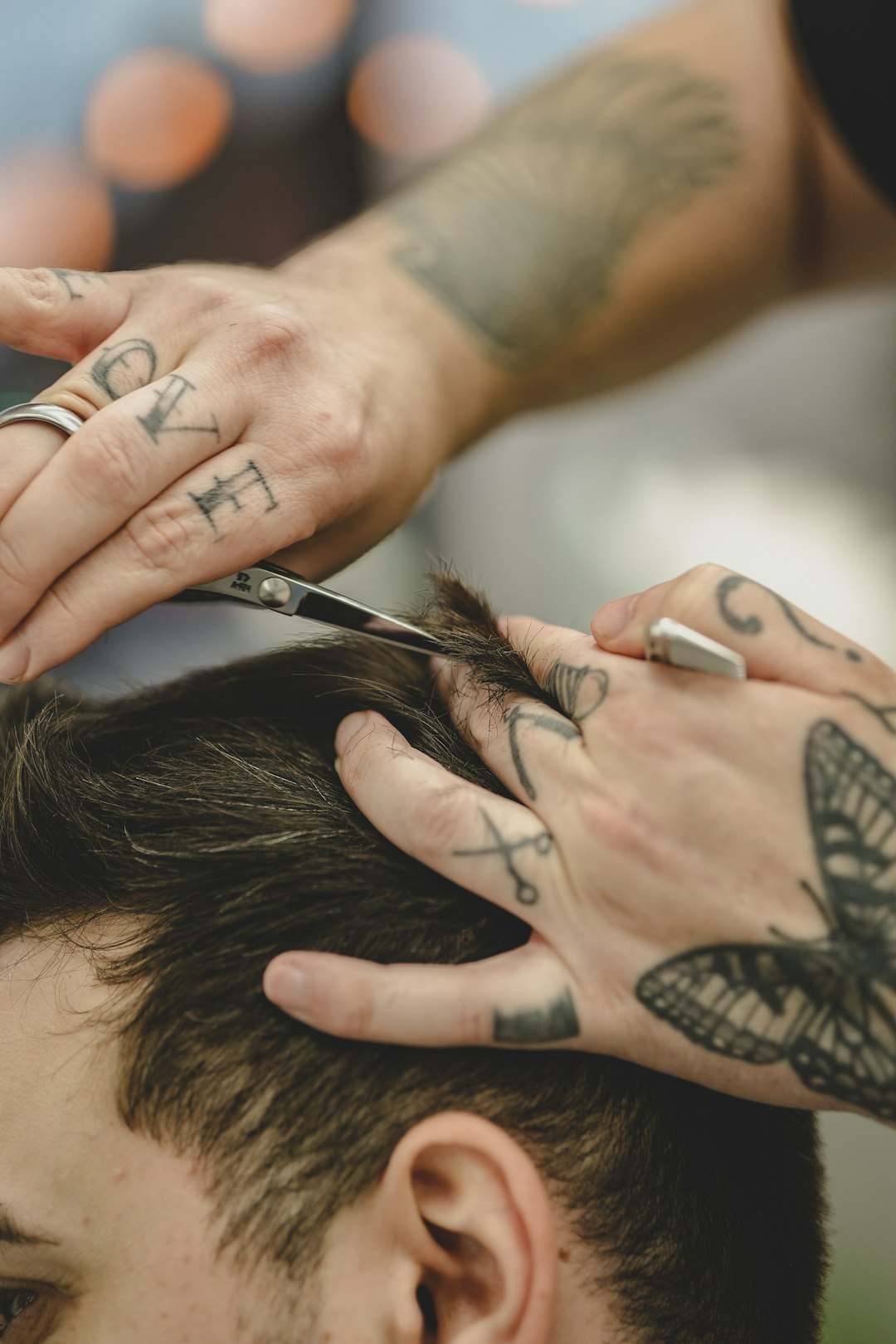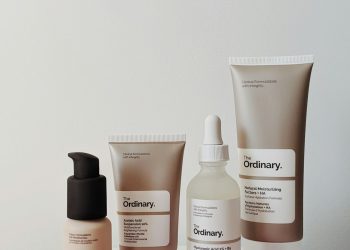The Science behind Anti-Aging Products: How Do They Really Work?
Aging is a natural process that everyone experiences. As we age, our skin starts showing signs such as wrinkles, fine lines, and sagging. This has led to a booming industry of anti-aging products that promise to reverse the clock and restore youthful skin. But have you ever wondered how these products actually work? What is the secret behind their effectiveness? Let’s delve into the science behind anti-aging products to uncover the truth.
To understand how anti-aging products work, we must first recognize the fundamental processes that contribute to aging skin. One major factor is the breakdown of collagen and elastin, two proteins responsible for maintaining skin elasticity. Collagen provides the skin with structural support, while elastin allows it to stretch and return to its original shape. As we age, the production of these proteins decreases, resulting in the appearance of wrinkles and sagging skin.
One common ingredient in anti-aging products is retinol or its derivatives, such as retinoids. Retinol is a form of vitamin A that has been extensively studied for its anti-aging properties. It works by stimulating collagen production, thus improving skin elasticity and reducing the appearance of wrinkles. Additionally, retinol has been shown to increase cell turnover, resulting in smoother and brighter skin.
Another key ingredient found in anti-aging products is hyaluronic acid. Hyaluronic acid is a substance naturally present in our skin that helps retain moisture and keep it hydrated. However, its levels decline with age, leading to dry and dull skin. By applying hyaluronic acid topically, it can attract and hold water, plumping the skin and reducing the appearance of fine lines.
Peptides are also widely used in anti-aging products. Peptides are chains of amino acids that can stimulate collagen production and improve skin elasticity. When applied topically, peptides penetrate the skin and send signals to our cells to produce more collagen. This helps to reduce the appearance of wrinkles and improve overall skin texture.
Antioxidants are another crucial component of anti-aging products. Environmental factors like sun exposure and pollution generate free radicals in the skin. These unstable molecules can cause damage to cellular structures, leading to premature aging. Antioxidants, such as vitamins C and E, help neutralize these free radicals and prevent oxidative stress. They also have anti-inflammatory properties, which can soothe and calm the skin.
Besides these individual ingredients, technology has also played a significant role in advancing anti-aging products. For instance, nanotechnology has allowed scientists to create smaller particles that can penetrate the skin deeper and deliver active ingredients more effectively. This has revolutionized the field of skincare, as it allows for better product absorption and enhanced results.
Despite the promising ingredients and technologies, it’s important to note that not all anti-aging products are created equal. The market is saturated with numerous products making extravagant claims, but not all of them have scientific evidence to support their effectiveness. It’s crucial to do thorough research and choose products that have been clinically tested and proven to work.
Furthermore, it’s worth mentioning that anti-aging products should not be seen as a magical solution to reverse the aging process completely. While they can certainly improve the appearance of the skin and slow down the aging process to some extent, it’s important to adopt a comprehensive approach to skincare. This includes maintaining a healthy lifestyle, protecting the skin from excessive sun exposure, and following a balanced diet.
In conclusion, the science behind anti-aging products involves a combination of key ingredients and advanced technologies. Retinol, hyaluronic acid, peptides, and antioxidants are commonly used to stimulate collagen production, improve skin elasticity, retain moisture, and protect the skin from free radical damage. It’s important to choose products that have been scientifically tested and incorporate them into a holistic skincare routine for optimal results. Remember, while anti-aging products can work wonders, they are just one piece of the puzzle in maintaining healthy, youthful-looking skin.












